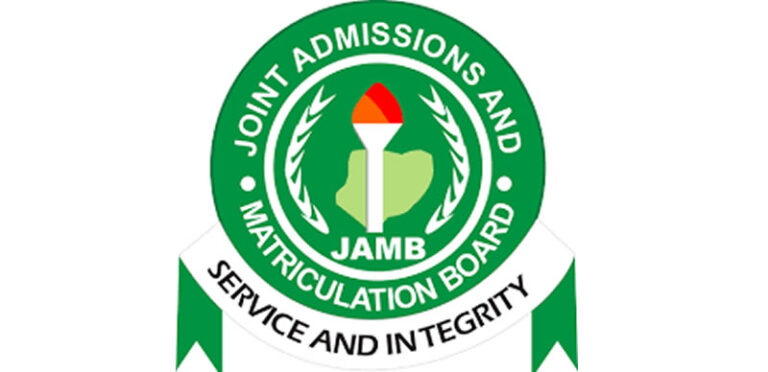The National Orientation Agency (NOA) has urged the Joint Admissions and Matriculation Board (JAMB) to go beyond merely admitting errors in the 2025 Unified Tertiary Matriculation Examination (UTME) by taking immediate, concrete steps—starting with compensation for candidates whose academic futures were disrupted.
While the agency acknowledged JAMB’s rare public admission of lapses, it made it clear that such acknowledgements are meaningless if not followed by bold corrective action.
The NOA described JAMB’s failure as one that inflicted unnecessary hardship on innocent candidates and warned that a simple apology cannot undo the damage already done.
Director General of the NOA, Mallam Lanre Issa-Onilu, said in a statement signed by Paul Odenyi, Deputy Director, Media & Communication, that JAMB Registrar, Professor Is-haq Oloyede, must now match words with action.
“While recognition of mistakes is the first step, redemption and restitution are other necessary steps to be taken.
“Having decided to provide another opportunity to the candidates as a way of redeeming the errors, it is imperative that JAMB considers appropriate compensation to mitigate the stress and anxiety these candidates may have suffered,” he said.
He insisted that public institutions must own up to their mistakes.
“JAMB’s example should serve as a model for other public institutions.
“When institutions own their mistakes and act to correct them, they earn the respect and confidence of the people,” he stated.
Citing the principles of the National Values Charter, the NOA boss stressed that values like transparency and accountability are not favours from institutions, but their duty.
“Every citizen, whether in public service or private life, has a duty to uphold the core values of integrity, accountability, and transparency. These values are not optional—they are the pillars of a just and equitable society,” he said.
Mallam Onilu reaffirmed the agency’s stand against negligence and mismanagement in public service. He said NOA would continue to press for responsible leadership and hold institutions to the highest standards as Nigeria strives for a fairer, more ethical governance culture.

